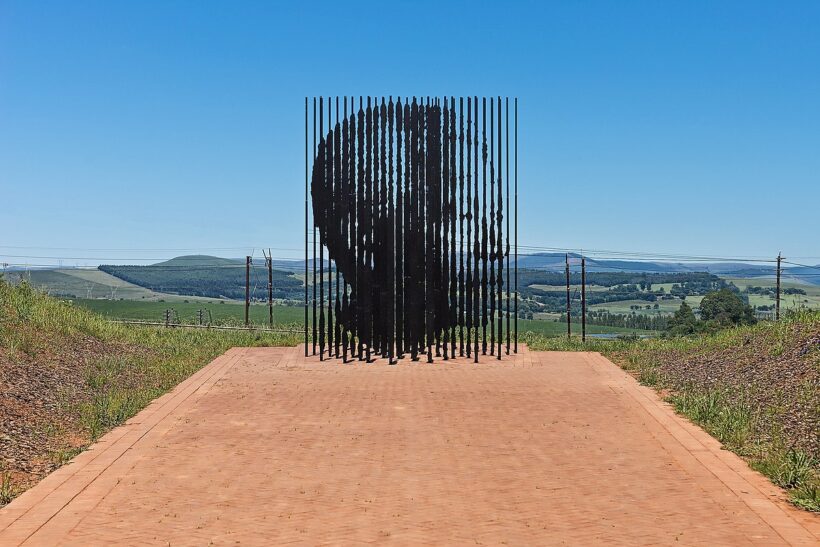It is 10 years since the physical death of South African leader Nelson Mandela. This tenth anniversary offers South Africa and the world an opportunity to reflect, to assess what has been achieved and what has not been achieved in the last decade.
Madiba’s vision of a democratic and free country where everyone lives in harmony and enjoys equal opportunities is still a distant ideal for ordinary South Africans.
“More than a third of South Africa’s population is unemployed,” says the Nelson Mandela Foundation, “we suffer from a debilitating energy crisis, an impending climate calamity, a leadership crisis, and extreme poverty and inequality abound. We live in fear of each other, of crime, of assaults and all kinds of violence.”
“Madiba valued peace, forgiveness, compassion and human dignity, and was willing to die for these ideals,” explains Sello Hatang, Executive Director of the foundation. “Through partnerships with various media, agencies and key stakeholders, we want to highlight Mandela’s contribution to the achievements of a just society and demonstrate how our founder’s values and beliefs can help solve today’s challenges in an impactful way.”
To create a space in which to acknowledge and process this mourning, the Nelson Mandela Foundation has organised an exhibition in collaboration with The Forge and the University of Stellenbosch at the Nelson Mandela Memorial Centre at Houghton in Johannesburg.
Drawing on titles such as “Sizwe Banzi is dead”, a work by Athol Fugard, John Kani and Winston Ntshona, as well as Friedrich Nietzsche’s assertion that “God is dead”, the exhibition title “Nelson Mandela is dead” requests us to confront the background and consequences of his passing, the organisers note in their invitation.
We often ask ourselves: “What would Mandela have said if he were here, what would he have done, would things be like this if Nelson Mandela were still here? All these questions are an unfulfilled ache. In reality, we want Nelson Mandela to come back. We want him to come back to save us. With this exhibition we want to highlight the urgency of the context in which we live and to recognise that no one is going to come and save us, the announcement text states.
Reflecting on the death of Nelson Mandela, his memory summons the people of this country and the world to carry on the unfinished work.
That is why the call to action of the 10th anniversary commemoration of the Foundation that bears his name is “The legacy lives on through you”.
To commemorate the 10th anniversary of Nelson Mandela’s death is to acknowledge the profound wounds of our world, but also many significant achievements in overcoming adversity and crisis.
There is no doubt that South Africans, Africans and activists around the world miss Madiba. They miss his leadership, his values and his profound love for the people. But Nelson Mandela is not really dead. His legacy – the memorial motto challenges us – “lives on through you.”






